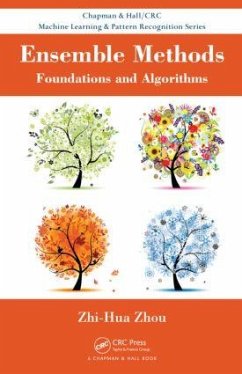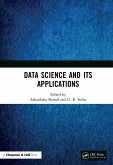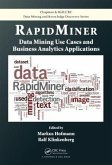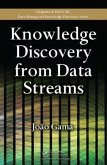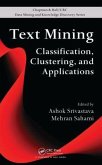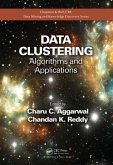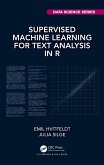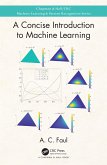An up-to-date, self-contained introduction to a state-of-the-art machine learning approach, Ensemble Methods: Foundations and Algorithms shows how these accurate methods are used in real-world tasks. It gives you the necessary groundwork to carry out further research in this evolving field. After presenting background and terminology, the book covers the main algorithms and theories, including Boosting, Bagging, Random Forest, averaging and voting schemes, the Stacking method, mixture of experts, and diversity measures. It also discusses multiclass extension, noise tolerance, error-ambiguity and bias-variance decompositions, and recent progress in information theoretic diversity. Moving on to more advanced topics, the author explains how to achieve better performance through ensemble pruning and how to generate better clustering results by combining multiple clusterings. In addition, he describes developments of ensemble methods in semi-supervised learning, active learning, cost-sensitive learning, class-imbalance learning, and comprehensibility enhancement.
This self-contained introduction shows how ensemble methods are used in real-world tasks. It first presents background and terminology for readers unfamiliar with machine learning and pattern recognition. The book then covers the main algorithms and theories, including Boosting, Bagging, Random Forest, averaging and voting schemes, and diversity measures. Moving on to more advanced topics, the author explains details behind ensemble pruning and clustering ensembles. He also describes developments in semi-supervised learning, active learning, cost-sensitive learning, class-imbalance learning, and comprehensibility enhancement.
This self-contained introduction shows how ensemble methods are used in real-world tasks. It first presents background and terminology for readers unfamiliar with machine learning and pattern recognition. The book then covers the main algorithms and theories, including Boosting, Bagging, Random Forest, averaging and voting schemes, and diversity measures. Moving on to more advanced topics, the author explains details behind ensemble pruning and clustering ensembles. He also describes developments in semi-supervised learning, active learning, cost-sensitive learning, class-imbalance learning, and comprehensibility enhancement.

